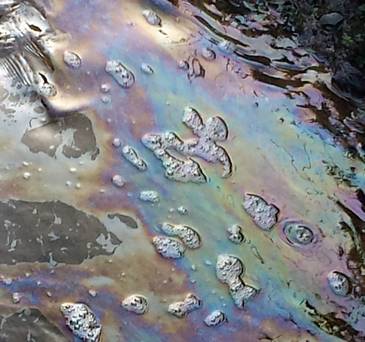 Irish Water are planning to upgrade the water and sludge treatment process systems at the Cavan Hill Water Treatment Plant in Knockbridge.
Irish Water are planning to upgrade the water and sludge treatment process systems at the Cavan Hill Water Treatment Plant in Knockbridge.
The utility company has applied to Louth County Council for planning permission to upgrade the treatment plant, which currently supplies up to 27,000 cubic meters of drinking water per day to Dundalk and its environs.
The planned upgrade comes after question marks were raised about the quality of the town’s drinking water in recent weeks.
Earlier this year a national newspaper suggested that the town’s water was being polluted by diesel launderers operating in the area while just last week Cllr Maeve Yore questioned the local authority on the cause of brown effluent discharge into the River Fane and why fish stock in the river was down.
The council reiterated that there was “no evidence of pollution” following recent inspections, pointing out the plant was being closely monitored and that they were satisfied there was no accidental discharge into the River Fane.
They added that all process wastes are retained on site and disposed of to a landfill.
Despite this, locals will be pleased to see upgrade works planned.
The proposed development will include the provision of a new flocculation tank of approximately 142sqm with an overall height of approximately 6.2m. There will also be a new underground UV chamber of approximately 80sqm.
Internal modifications are also planned to the existing chemical storage building, sludge treatment facility and control building, while modifications will also be made to an existing boundary wall and the existing entrance gate to provide a new entrance arrangement.
There will also be a new external perimeter fence of approximately 1m at the north west and south site boundaries and an internal security fence of approximately 2.4m at all of the site boundaries.
The existing drainage system will also be upgraded to provide a petrol/oil interceptor.
A decision on the matter is due by November 25th.


